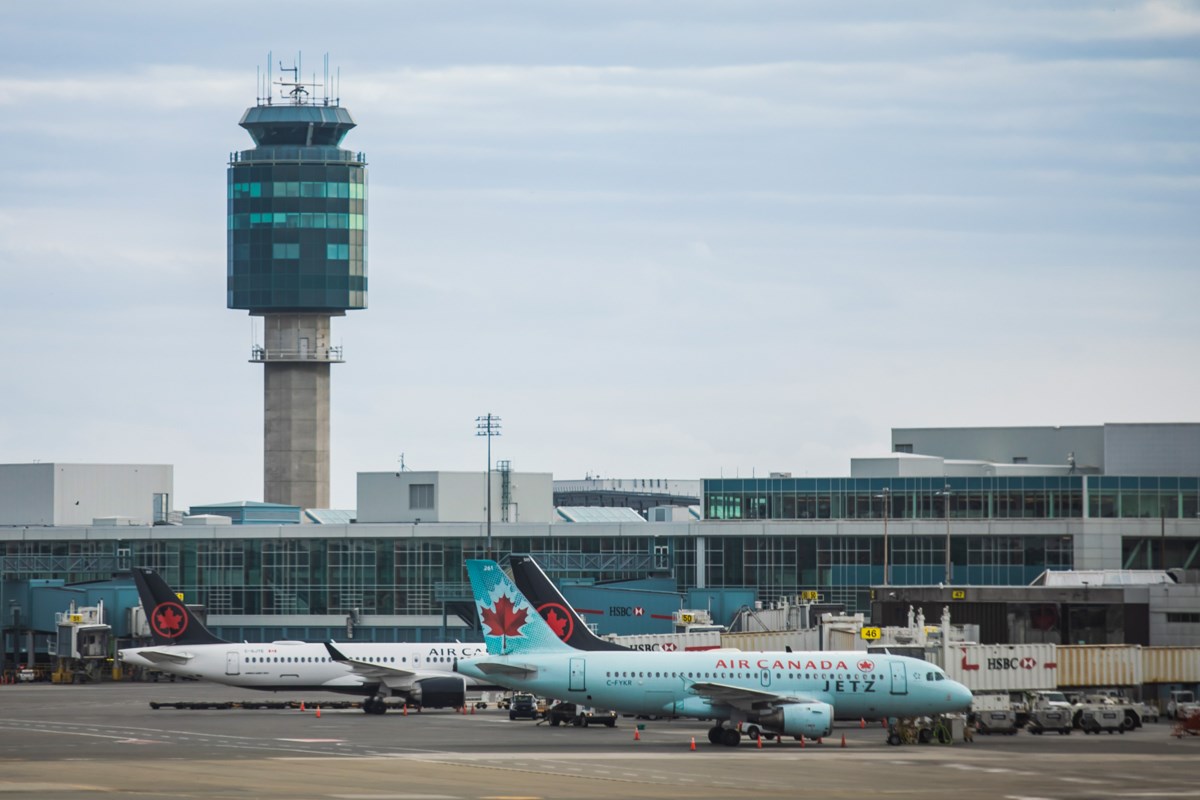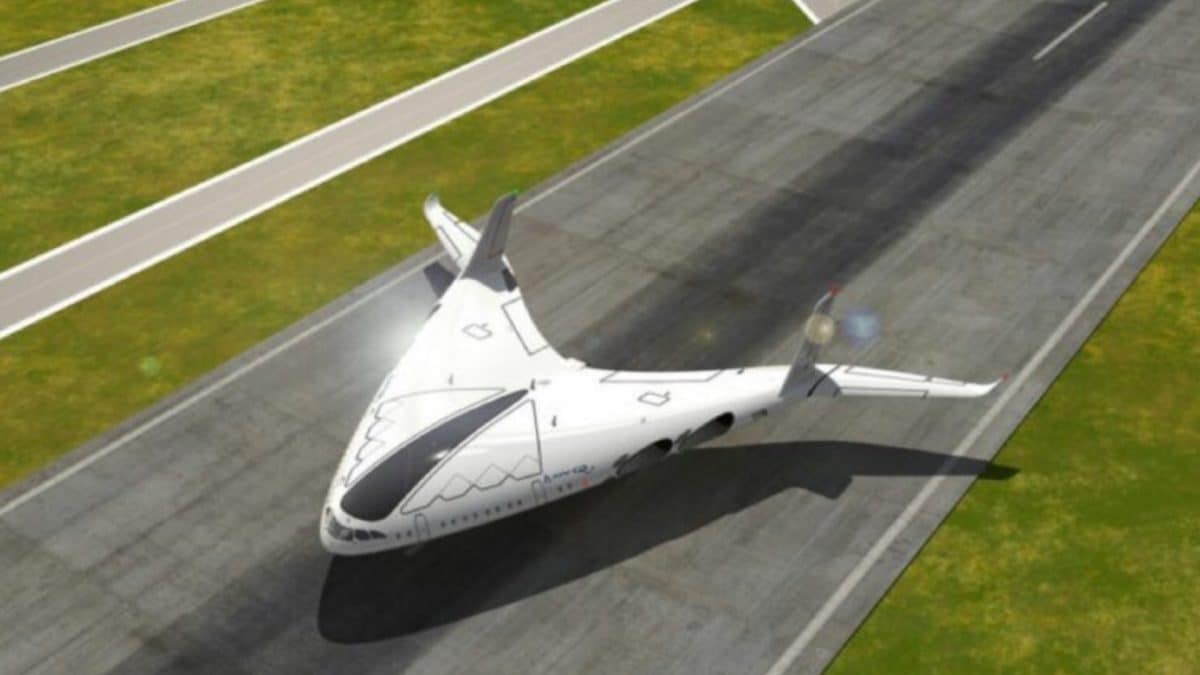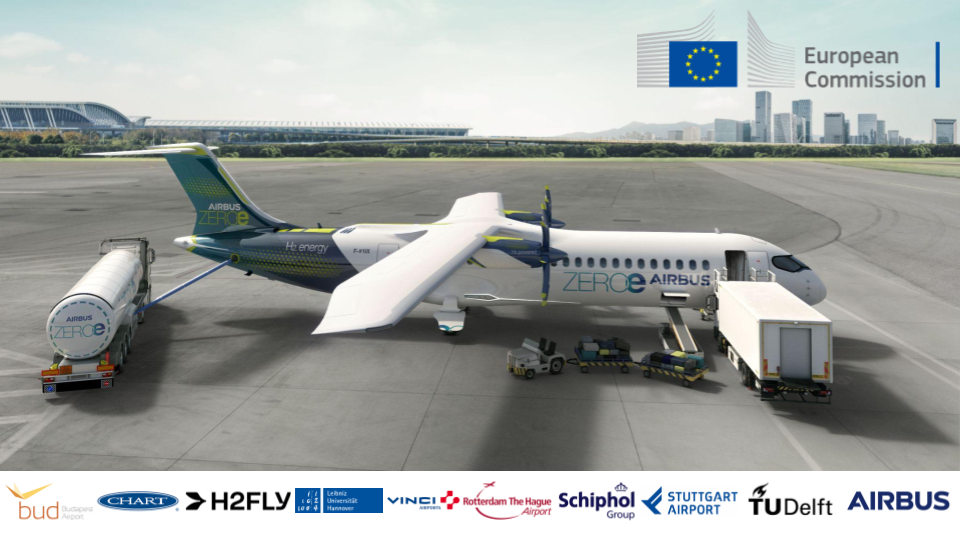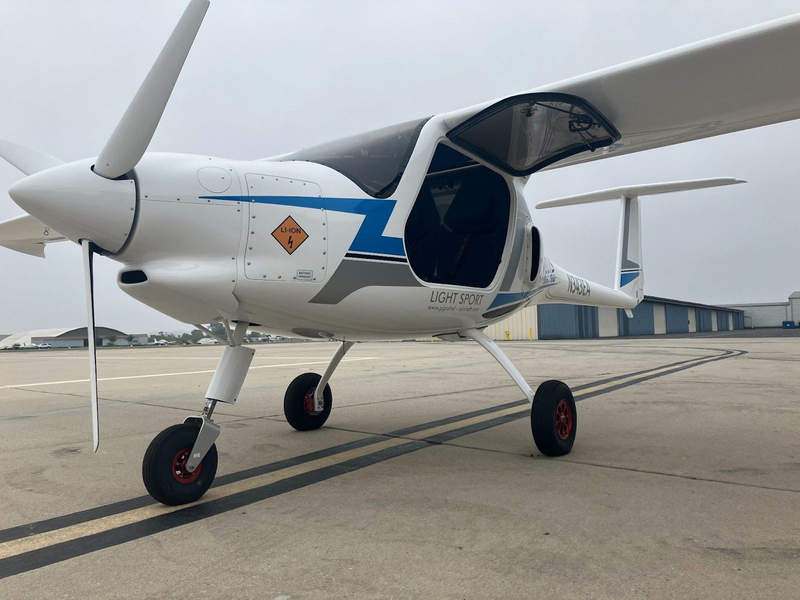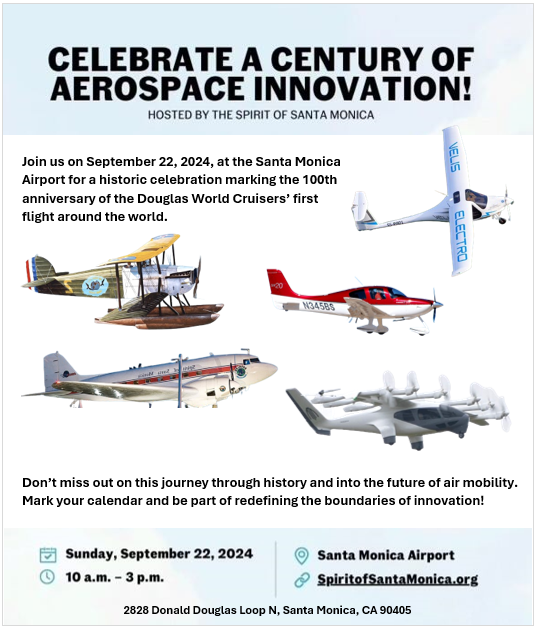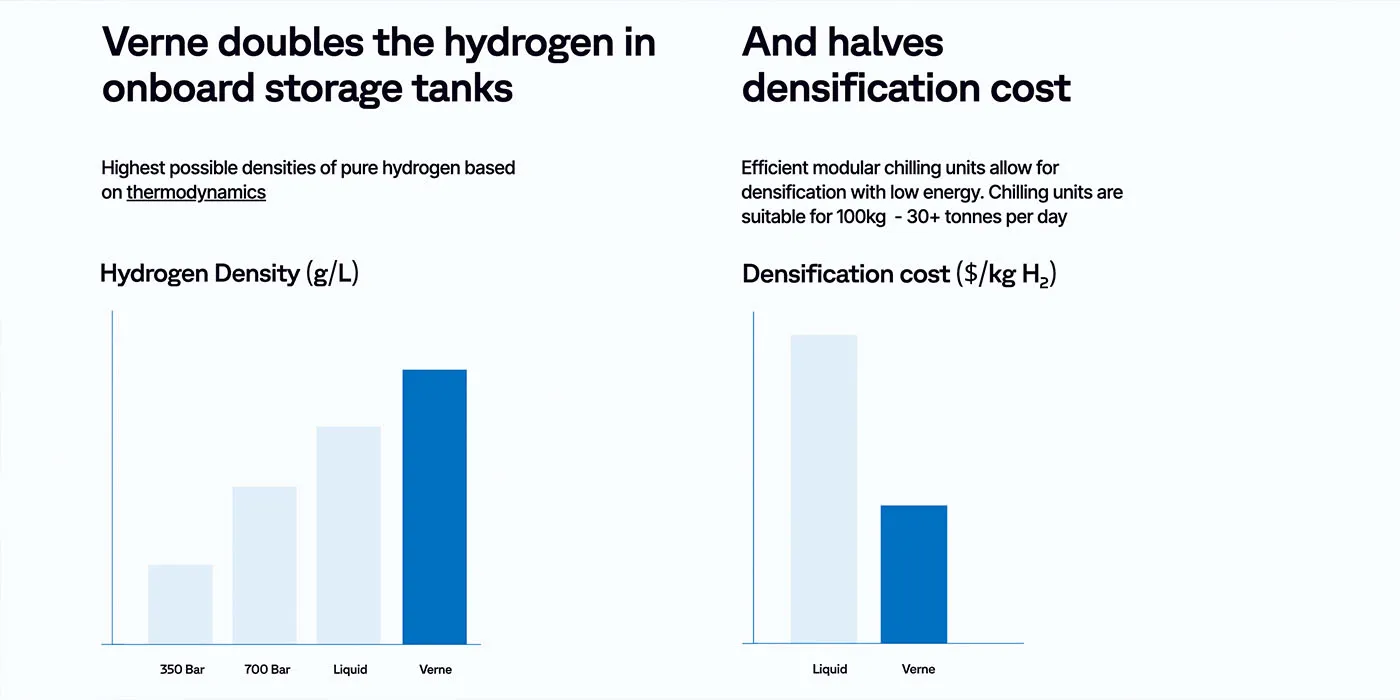
Hydrogen-electric plane aviation technology developer ZeroAvia is exploring a form of energy-dense fuel to develop aircraft that can refuel fast and potentially fly farther. The company has signed a memorandum of understanding with hydrogen tech startup Verne to co-develop the plane integrations.
Following a series of milestones in the past decade, ZeroAvia sits closer than ever to delivering commercial operations of hydrogen-electric planes en route to its goal of achieving a 40- to 80-seat aircraft with up to 700 miles of range by 2027.
We’ve already seen the company achieve experimental flight certificates from the CAA in the UK and the FAA in the US, and it’s been one year since it completed its first flight with a 19-passenger hydrogen-electric plane.
September 2023 brought several new partnerships and a fresh round of funding led by Airbus, Barclays, and Saudi Arabia’s “living laboratory,” NEOM. In late November, ZeroAvia announced a deal to provide up to 70 zero-emission planes to sustainable startup airline EcoJet, which looks to become the world’s first all-electric airline.
As more and more airlines take notice of the viable solutions hydrogen and electric planes can provide, ZeroAvia is now optimizing its technology to provide aircraft that can refuel faster, cheaper, and fly farther. To do so, it has enlisted the help of hydrogen fuel specialist Verne.
Following a series of milestones in the past decade, ZeroAvia sits closer than ever to delivering commercial operations of hydrogen-electric planes en route to its goal of achieving a 40- to 80-seat aircraft with up to 700 miles of range by 2027.
We’ve already seen the company achieve experimental flight certificates from the CAA in the UK and the FAA in the US, and it’s been one year since it completed its first flight with a 19-passenger hydrogen-electric plane.
September 2023 brought several new partnerships and a fresh round of funding led by Airbus, Barclays, and Saudi Arabia’s “living laboratory,” NEOM. In late November, ZeroAvia announced a deal to provide up to 70 zero-emission planes to sustainable startup airline EcoJet, which looks to become the world’s first all-electric airline.
As more and more airlines take notice of the viable solutions hydrogen and electric planes can provide, ZeroAvia is now optimizing its technology to provide aircraft that can refuel faster, cheaper, and fly farther. To do so, it has enlisted the help of hydrogen fuel specialist Verne.





